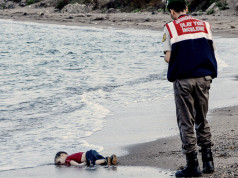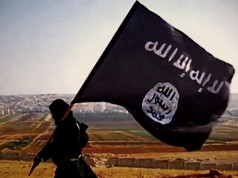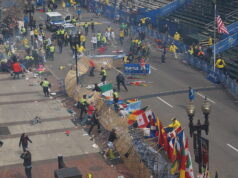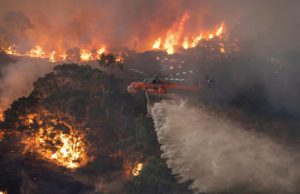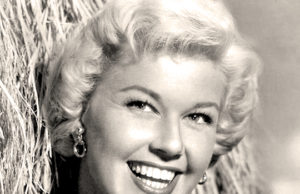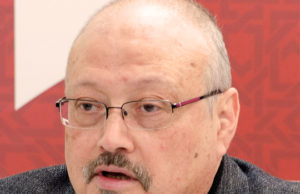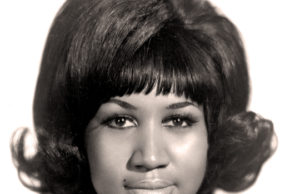Federal Government of the United States / Wikimedia Commons / CC-BY-SA-3.0 / GFDL
1 – US Explodes Castle Bravo, the Most Powerful Nuclear Device Ever Detonated by the US
Castle Bravo was the code name given to the first United States test of a dry fuel hydrogen bomb, detonated on March 1, 1954, at Bikini Atoll, Marshall Islands.
Castle Bravo was the most powerful nuclear device ever detonated by the United States, with a yield of 15 megatons of TNT (30% of the energy produced by the most powerful device ever detonated, the Tsar Bomba).
That yield, far exceeded the expected yield of 4 to 8 megatons, combined with shifting winds, which led to the most significant radioactive contamination ever caused by the United States.
The fallout from the detonation was intended to be kept a secret test, but it fell on residents of Rongelap and Utirik atolls and spread around the world.
The islanders were not evacuated until three days later and suffered radiation sickness.
They were returned to the islands three years later but were removed again when their island was found to be unsafe.
The crew of a Japanese fishing vessel was also contaminated by fallout, killing one crew member.
The blast created an international reaction to atmospheric thermonuclear testing.
2 – Vietnamese Gain Independence when French Surrender after 55-day Siege at Dien Bien Phu
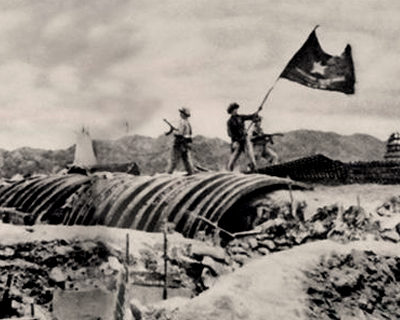
The Battle of Dien Bien Phu was the climactic confrontation of the First Indochina War between the French Union’s French Far East Expeditionary Corps and Viet Minh communist-nationalist revolutionaries.
The battle occurred between March and May 1954 and culminated in a comprehensive French defeat that influenced negotiations over the future of Indochina at Geneva.
The garrison was overrun after a two-month siege and most French forces surrendered, with a few escaping to Laos.
The French government resigned and the new Prime Minister, Pierre Mendès France, supported French withdrawal from Indochina.
The war ended shortly after the Battle of Dien Bien Phu and the signing of the 1954 Geneva Accords.
France agreed to withdraw its forces from all its colonies in French Indochina while stipulating that Vietnam would be temporarily divided at the 17th parallel.
Control of the north was given to the Viet Minh, under Ho Chi Minh, and the south becoming the State of Vietnam, under Emperor Bảo Đại, preventing Ho Chi Minh from gaining control of the entire country.
The refusal of Ngô Đình Diệm to allow elections in 1956, as had been stipulated by the Geneva Conference, eventually led to the first phase of the Second Indochina War, better known as the Vietnam War.
3 – The First truly Successful Human Kidney Transplant is Performed by Dr. Joseph E. Murray in Boston
Joseph E. Murray and his colleagues at Peter Bent Brigham Hospital in Boston performed the first truly successful kidney transplant from one twin to another.
The transplantation was performed on December 23, 1954.
It was performed by Joseph Murray, J. Hartwell Harrison, John P. Merrill and others.
The procedure was done between identical twins Ronald and Richard Herrick to eliminate any problems of an immune reaction.
For this and later work, Dr. Murray received the Nobel Prize for Medicine in 1990. The recipient, Richard Herrick, died eight years after the transplantation



